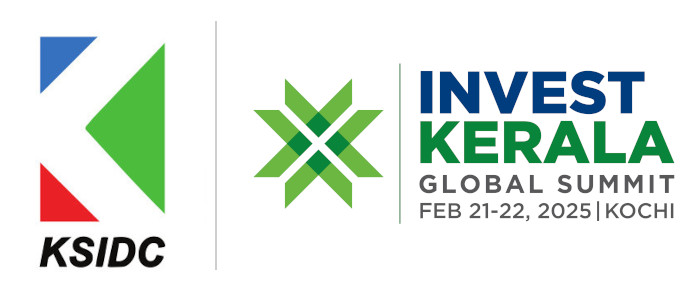
Why KATS 2025?
Unlocking Opportunities in Vehicle Hardware and Software Ecosystems
The SDV revolution isn't just about software. It requires sophisticated hardware platforms, including sensors, microprocessors, control units, and E/E systems. Kerala has the potential to become a one-stop destination for both software development and hardware manufacturing by:- Attracting global E/E component manufacturers to establish operations in the state.
- Supporting the development of chip manufacturing facilities and prototype testing labs, enabling a complete hardware-software integration ecosystem.
- Partnering with global leaders to build infrastructure for automotive-grade semiconductors and electronic control units (ECUs).
Tapping into the $1.2 Trillion SDV Market
With the SDV market projected to grow at a CAGR of 11.9%, KATS 2025 provides a platform for Kerala to:- Position Thiruvananthapuram as a preferred destination for SDV innovation, integrating into global supply chains.
- Attract global OEMs and Tier-1 suppliers to establish R&D and manufacturing operations in the state.
- Enable Kerala to capture a significant share of the $1.2 trillion SDV market by fostering innovation in software and E/E systems.
Driving EV Adoption and Innovation
Kerala's proactive policies and investments in EV infrastructure align with global trends toward sustainable mobility. Through KATS 2025, Kerala will:- Highlight its Electric Vehicle Research and Industrial Park, attracting investments in manufacturing EV components like batteries, motors, and chargers.
- Accelerate partnerships for building EV charging networks and smart energy management systems.
- Support a circular economy by promoting battery recycling and reuse initiatives, contributing to sustainability goals.
Economic Growth and High-Value Job Creation
The automotive technology revolution promises significant economic benefits for Kerala by:- Creating thousands of high-value jobs in cutting-edge domains such as AI, IoT, cybersecurity, and automotive software.
- Supporting the growth of startups and SMEs, enabling local entrepreneurs to integrate into global automotive supply chains.
- Stimulating ancillary industries like logistics, prototyping, and hardware testing, contributing to Kerala's GDP.
Retaining and Developing Talent
The automotive industry's growth will help Kerala retain its skilled engineering workforce by creating opportunities in SDV and EV innovation. The summit will also:- Foster collaborations between global automotive industry leaders and local academic institutions, such as the Kerala Technological University (KTU), to develop future-ready talent.
- Enable local engineering professionals to work on world-class automotive technology projects without leaving the state, reducing brain drain.
Establishing Global Collaborations
By hosting KATS 2025, Thiruvananthapuram will position itself as a key player in the global automotive value chain. The event will:- Forge international partnerships with automotive hubs such as Munich, Detroit, and Tokyo.
- Showcase Kerala's capabilities in next-gen mobility solutions, from autonomous driving to connected ecosystems.
- Align Kerala's initiatives with global decarbonisation and clean energy goals.
Advancing Sustainable Mobility Goals
Kerala's vision for sustainable transportation aligns with global efforts to reduce carbon emissions and dependency on fossil fuels. KATS 2025 will support this vision by:- Promoting green mobility solutions, such as electric and hybrid vehicles.
- Integrating renewable energy into EV infrastructure, enhancing Kerala's reputation as a leader in clean energy.
- Strengthening Kerala's role in the global transition to sustainable and intelligent mobility.


